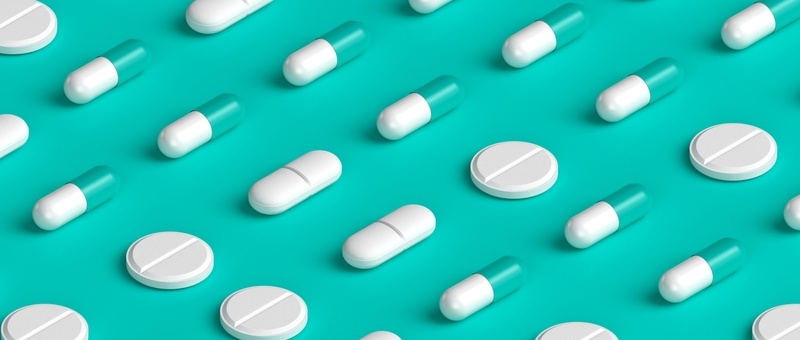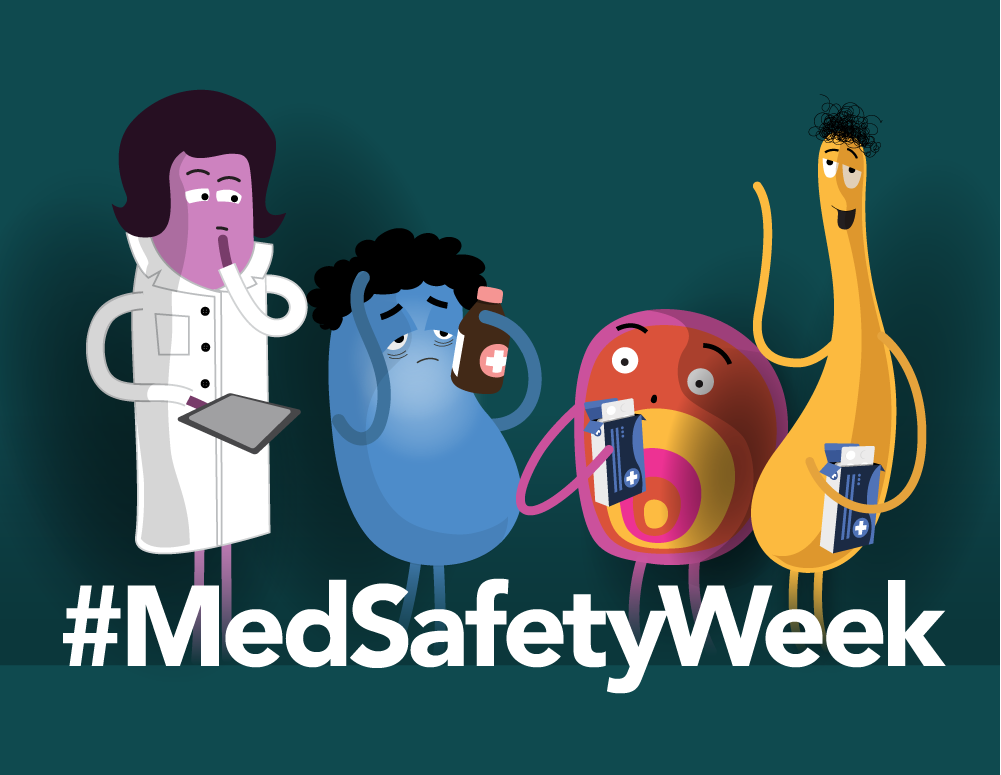
What happens when medicines interact
Peer reviewed by Dr Hayley Willacy, FRCGP Last updated by Dr Sarah Jarvis MBE, FRCGPLast updated 23 Jun 2018
Meets Patient’s editorial guidelines
- DownloadDownload
- Share
- Language
- Discussion
All my patients seem to know the rule about not drinking when you're on antibiotics - the trouble is, it isn't a rule! In fact, it's safe to drink some alcohol when you're taking most kinds of antibiotics (the antibiotic you should never drink with is metronidazole, also known as Flagyl®, by the way).
In this article:
Video picks for Medicine information
Yet there are hundreds of possible interactions between commonly prescribed medicines that very few people seem to have heard of. So why do they happen, and why do they matter?
There are far too many possible interactions to list here - and it would make very dull reading anyway! But fortunately help is at hand. With a few simple precautions, you can avoid any mishaps.
Continue reading below
It's the competition
Some medicines work in complementary or opposite ways at the same sites in the body. If they're given together, they can compete with each other, reducing (or sometimes increasing) the effect of one or both.
A good example is the beta-blocker, which is given to people who've had a heart attack or heart failure, or sometimes high blood pressure. If you have asthma, one of the main treatments is an inhaler called a beta agonist (commonly called Ventolin® or salbutamol). A beta agonist makes the beta receptors in your body work better - a beta-blocker stops them. If you have asthma, some beta-blockers can bring on an asthma attack or stop your inhaler from working.
Going through the motions
Back to contentsMost medicines you take as tablets get into your bloodstream. After a few hours, they're removed through your kidneys or your liver, which act as filters not just for medicines but for all sorts to toxins and products your body makes. Your kidneys and liver are incredibly complicated organs, with hundreds of different chemicals called enzymes working all the time to stop toxins from building up in your body. If two medicines are broken down by the same enzymes, they can interact.
That means that, for instance, if you're taking a statin tablet called simvastatin, you shouldn't also take antibiotics like erythromycin or heart tablets called diltiazem, verapamil and amiodarone. Bizarrely, even drinking grapefruit juice can affect how simvastatin is broken down, so taking the two together can lead to dangerously high levels of simvastatin in your system.
Continue reading below
Available without prescription
Back to contentsMore and more medicines every year are becoming available from your pharmacy, or even from your supermarket or health food shop, without prescription. All too often, we assume that if we can get something without a prescription, it 'doesn't really count' as a medicine.
In fact, many herbal products and medicines from your pharmacist can interact with other medicines. These include 'natural' remedies for depression, like St John's wort - this can interfere with your body's levels of medicines like the blood-thinning agent warfarin, and digoxin, which regulates your heart rhythm.
Common sense sometimes required!
Back to contentsEvery GP in the country now has a computer system equipped with a programme to flag up possible interactions between medicines. Many of these interactions will be listed in your patient information leaflet. It's important to remember that some 'interactions' are exactly what your doctor was aiming for. For instance, most patients with high blood pressure need more than one medicine to control their blood pressure well.
Every time I write a prescription for a second blood pressure-lowering medication (needed to add to the effect of the first) my computer warns me of a side effect. What is the side effect? Possible low blood pressure! If you are concerned about a possible side effect, do speak with your GP or pharmacist, but don't stop taking prescribed medicine without checking with your doctor first.
Continue reading below
Hidden risks
Back to contentsIt's important to remember that some medicines contain more than one drug. For instance, many cough and cold remedies or strong painkillers contain paracetamol as well as one or more other active ingredient. You must never exceed the recommended dose for any medication - for instance, for paracetamol, it's 1 gram every four to six hours, with a maximum of four doses in 24 hours. Do read the ingredients to avoid accidental overdose.
Confused about medicines? No problem
Back to contentsThe cardinal rule, when you're getting a new medicine from your GP, nurse or pharmacist, is to tell them about all the medicines you're taking. Don't forget to tell them about medicine changes from hospital clinics, dentists, etc. And don't forget to mention medicines you get without prescription - even paracetamol or aspirin. That way, your healthcare professional can reassure you that they're safe to take together.
Many medicines now come with a patient information leaflet, which should tell you about other medicines yours might interact with. Don't panic if you read the list of side effects - most of them are extremely rare!
Finally, any pharmacist will be more than happy to advise on any queries about medicines, whether it's the dose or the possibility of side effects or interactions. They're highly trained for just this job and will be delighted to help.
Patient picks for Medicine information

Treatment and medication
What is #MedSafetyWeek and MHRA Yellow Card scheme?
If you had a bad reaction to a medicine or medical device, or suspected it was unsafe in any way, would you know how to report it? For this #MedSafetyWeek we find out about the MHRA Yellow Card scheme - a quick and simple way of reporting suspected problems with medicine in the UK. A small action from you can keep our medicines reliable, and prevent others from future harm.
by Victoria Raw

Treatment and medication
The dangers of fake drugs
When you buy from your local pharmacy or receive your prescription, you know that you're getting a medicine that has been rigorously tested and found to be safe and beneficial for your condition. However, when you buy from some online retailers or from an unlicensed supplier, there's no guarantee that what you're buying will be real.
by Milly Evans
Continue reading below
Article history
The information on this page is peer reviewed by qualified clinicians.
23 Jun 2018 | Latest version
23 Jun 2018 | Originally published

Ask, share, connect.
Browse discussions, ask questions, and share experiences across hundreds of health topics.

Feeling unwell?
Assess your symptoms online for free
Sign up to the Patient newsletter
Your weekly dose of clear, trustworthy health advice - written to help you feel informed, confident and in control.
By subscribing you accept our Privacy Policy. You can unsubscribe at any time. We never sell your data.